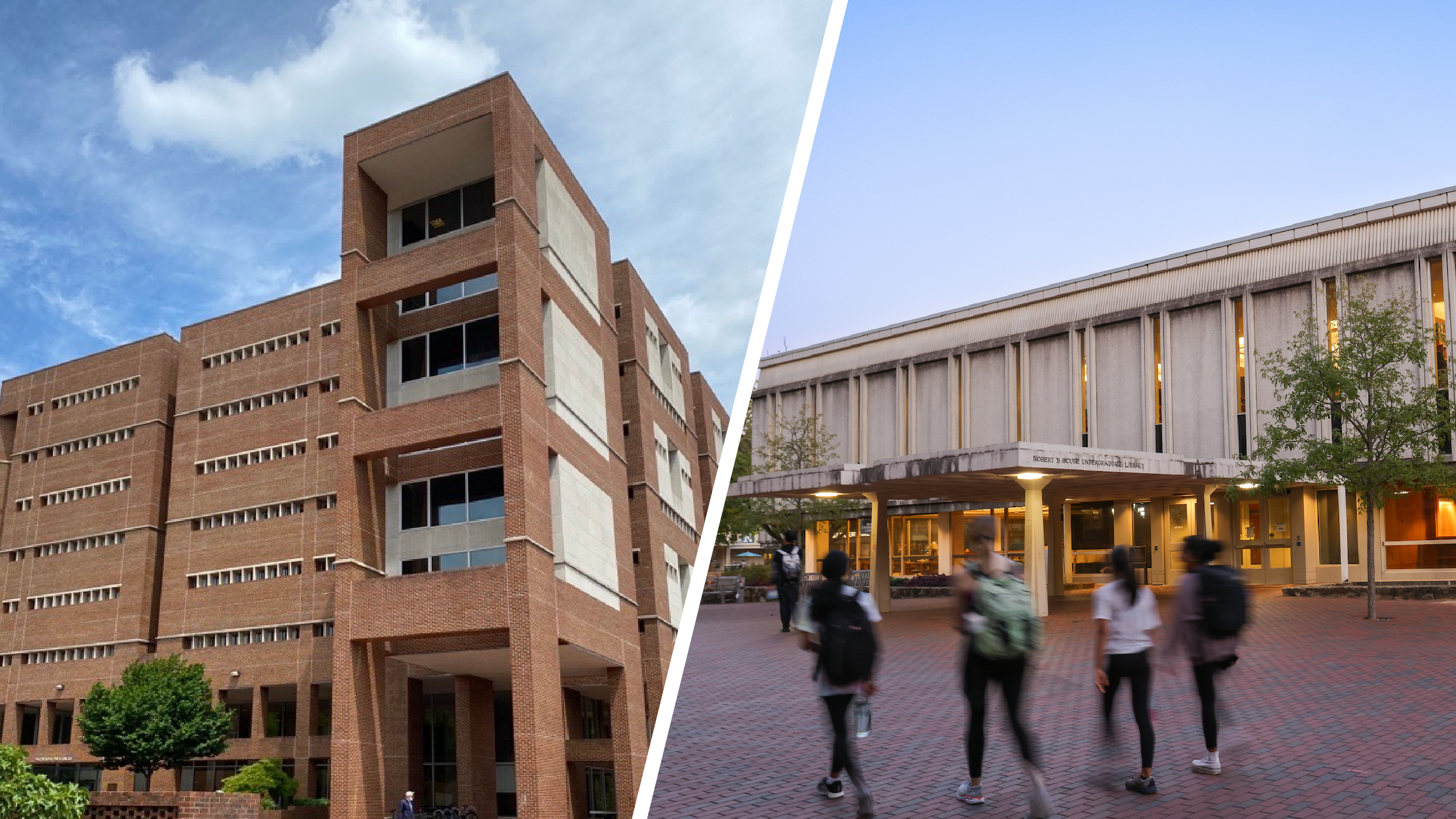Improving cancer outcomes
The Carolina Cancer Screening Initiative leverages UNC Lineberger researchers’ multi-disciplinary expertise to improve cancer screening in North Carolina.

For some cancers, preventative screening for early detection provides the best chance for positive outcomes, but not all North Carolinians receive or have equal access to recommended screenings.
Since 2016, the UNC Lineberger Comprehensive Cancer Center’s Carolina Cancer Screening Initiative has been developing and testing ways to mitigate these disparities in underserved areas. CCSI is made up of teams of health researchers, including experts in intervention development, clinical trials, epidemiology and geospatial analysis and modeling, who investigate ways to improve the reach, quality and accessibility of cancer screening throughout North Carolina.
“Most cancer research isn’t specific to North Carolina or the rural southeastern U.S. However, as the state’s flagship comprehensive cancer center, it’s important that we also do research that sheds light on how we can address cancer screening challenges in our regional context and our communities. Several of our CCSI intervention studies are pragmatic and involve state, regional and community partnerships,” says CCSI founder and co-director Dr. Dan Reuland, a professor in the division of general medicine and clinical epidemiology at the UNC School of Medicine. “We see an issue in our state, we research, publish on it and look for ways to sustain things that work with the goal of impacting and serving the people who live in North Carolina. That said, our studies can also be informative to other parts of the U.S., particularly the rural regions in the southeast.”
CCSI is built on projects and partnerships between Lineberger researchers and key community-serving entities who work together to find better ways to provide screening to vulnerable communities.
One such partnership is the Scaling Colorectal Cancer Screening through Outreach, Referral and Engagement study. That study is evaluating the use of colon cancer home screening kits to increase screening and early diagnoses while providing broader insight into how to boost cancer screening rates in federally qualified health centers, which operate as government-funded nonprofits, in North Carolina.
Previous research has shown that mail-in tests can increase colon cancer screening in large health systems. With funding from UNC Lineberger and the National Cancer Institute, CCSI partnered with federally qualified health centers to study the effect and costs of this approach in the center’s patients. Carolina researchers helped determine who was due for a screening, mailed tests to those residents in northeastern North Carolina, gathered results from the testing kits and provided a staff member to guide patients whose mail-in kits yielded positive results to follow-up care.
A key partner in the Scaling Colorectal Cancer Screening through Outreach, Referral and Engagement project has been the Roanoke Chowan Community Health Center in rural, northeastern North Carolina. “Northeastern North Carolina continues to be a hotspot for early-onset colorectal cancer by the CDC. Our attempts to address this alone can only have marginal success without a seasoned partner like UNC Lineberger,” says Kim Schwartz, chief executive officer of the Roanoke Chowan Community Health Center. “We have been able to move the marker significantly on screenings and awareness, but the partnership also elevates the need for root cause work in this area. We know that high generational poverty and limited health care resources have a negative impact. In our area, we want to be sure to educate and reach out to our patients as young as possible to screen and remove as many of the barriers as possible to get this done.”
“Colon cancer screening absolutely reduces cancer mortality,” says Reuland. “Our evidence-based practices are known to improve screening rates, and we have adapted and tested those practices in the context of this care setting and community to improve screening.”
In addition to colon cancer, CCSI-affiliated researchers study ways to improve breast, cervical, liver and lung cancer screening in North Carolina.
The Carolina Mammography Registry, led by CCSI co-director a professor of radiology Louise Henderson, uses breast imaging and cancer follow-up data to improve the performance of mammography, understand factors affecting the detection of breast cancer and provide feedback to radiologists. The North Carolina Lung Screening Registry is focused on understanding how low-dose computed tomography for lung screening behaves in real-world settings and the extent to which disparities in lung cancer screening outcomes exist.
“Our responsibility and our mission as Carolina researchers is to help assure that the research investments made to generate cutting-edge knowledge do not die on the vine but are instead implemented in practice to improve outcomes for all North Carolinians,” says Stephanie Wheeler, a research collaborator at CCSI and associate director of community outreach and engagement at UNC Lineberger. “It is this translation of research-tested cancer screening innovations into practice that is capable of reducing cancer morbidity and mortality, especially in rural, low-income, uninsured and racial or ethnic minoritized communities in North Carolina who continue to experience cancer health inequities.”




